Southern Baptists lay out their political road map
The Southern Baptist Convention held major votes on same-sex marriage, pornography and more

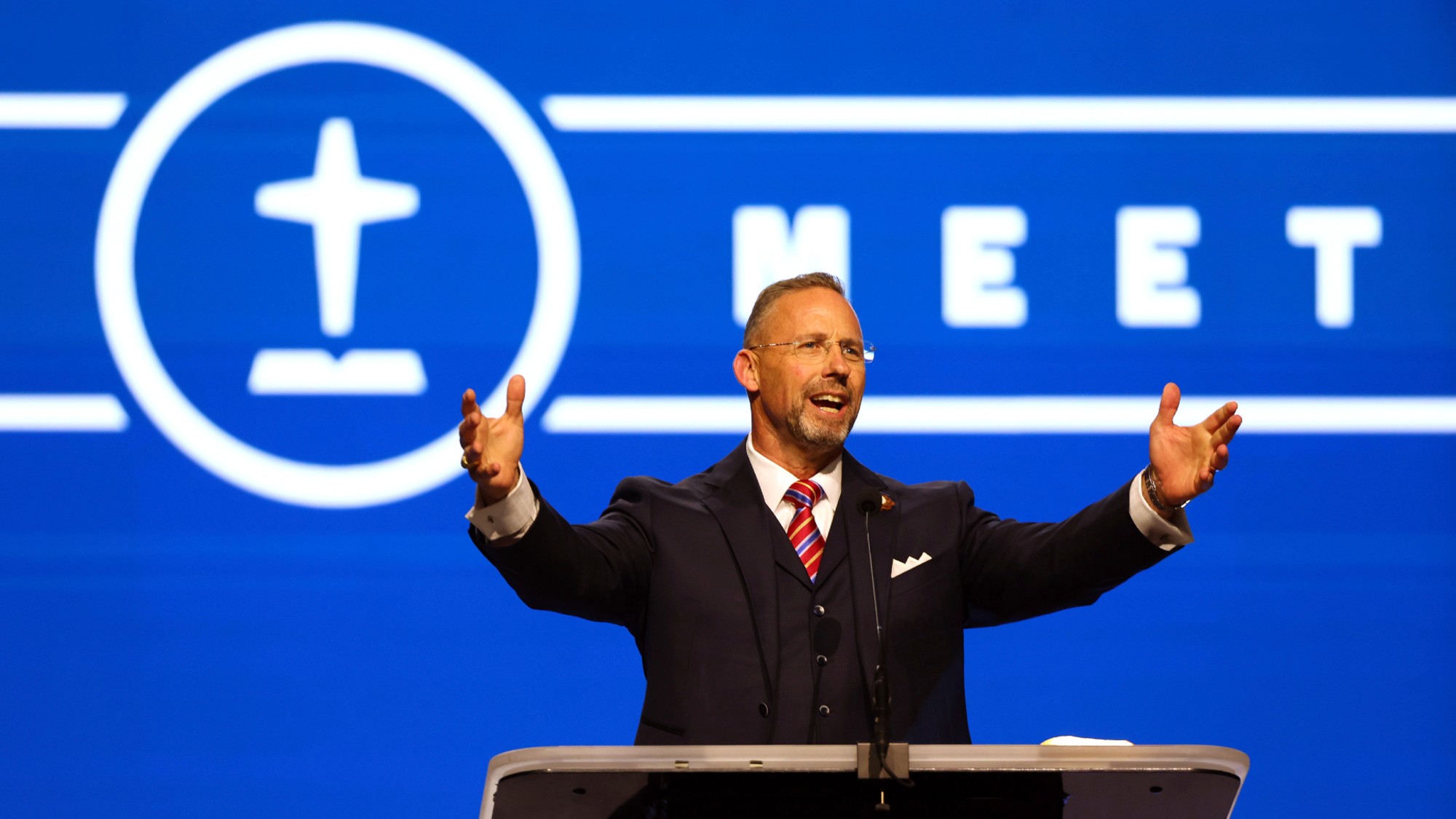
A free daily email with the biggest news stories of the day – and the best features from TheWeek.com
You are now subscribed
Your newsletter sign-up was successful
One of the country's most influential religious organizations, the Southern Baptist Convention (SBC), wrapped up its annual convention on June 11 by voting on several resolutions revolving around issues at the heart of American law. With the meeting now concluded, the measures could put pressure on many politicians, particularly on the Christian right, to follow SBC's lead.
The convention's voting, especially on the issue of same-sex marriage, is significant given its reach: The SBC is the largest Protestant denomination in the United States, with nearly 13 million members in 2024, according to the organization. It could be a powerful lobbying force in Washington, D.C.
What happened at the meeting?
During the convention, held in Dallas, the SBC voted on resolutions that included "whether to ban sports betting and pornography, as well as if the church should denounce abortion and transgender rights," said the Houston Chronicle. These ballots "call on politicians to establish laws on a number of items."
The Week
Escape your echo chamber. Get the facts behind the news, plus analysis from multiple perspectives.

Sign up for The Week's Free Newsletters
From our morning news briefing to a weekly Good News Newsletter, get the best of The Week delivered directly to your inbox.
From our morning news briefing to a weekly Good News Newsletter, get the best of The Week delivered directly to your inbox.
The SBC's resolutions for banning sports betting and pornography both passed, while one to prohibit women pastors failed. But the most consequential was the passage of a resolution "supporting a concerted effort to reverse Obergefell v. Hodges as the historic U.S. Supreme Court decision legalizing same-sex marriage approaches its 10-year anniversary," said USA Today.
That resolution, which also passed without debate, says that politicians should "pass laws that reflect the truth of creation and natural law — about marriage, sex, human life and family." It also says the country should recognize the "biological reality of male and female," among other phrasing related to gender identity. Notably, the same-sex measure doesn't "use the word 'ban,' but it left no room for legal same-sex marriage," said The Associated Press.
What happens next?
While the SBC's resolutions are nonbinding policy suggestions, they could go a long way toward influencing politicians. The "convention has long been a conservative trendsetter of national religious ideology and politics," said the Chronicle. A pair of SBC pastors notably "joined fellow conservative pastors to pray over President Donald Trump in recent months at the White House."
The SBC has made it clear that "evangelicals have long-term ambitions to dismantle an institution that many Americans now accept as a basic right," said The New York Times, even while acknowledging that same-sex marriage has "wide support" in the United States. It also has the same type of "pronatalism that has taken hold in many conservative circles, including those influencing the second Trump administration."
A free daily email with the biggest news stories of the day – and the best features from TheWeek.com
Many analysts believe that the SBC's resolutions are looking to the effort that "overturned the right to legal abortions as a possible blueprint for the new fight," said the Times. The SBC has held votes on same-sex topics before. But this was the "first time that the convention has voted to end the right to same-sex marriage," said The Guardian.
The SBC has notable political ties. Former Vice President Mike Pence spoke to the organization during Trump's first term and appeared at its 2024 convention. Trump looms large over the nation's Christian conservative base, and there is a "confidence that [Trump] will have their backs," said Kristin Du Mez, a Calvin University history professor with a focus on religion and politics, to the BBC. The SBC can "sense that there's been this shift, that there may be a window opening and that they think this is the right time to press this issue."
Justin Klawans has worked as a staff writer at The Week since 2022. He began his career covering local news before joining Newsweek as a breaking news reporter, where he wrote about politics, national and global affairs, business, crime, sports, film, television and other news. Justin has also freelanced for outlets including Collider and United Press International.
-
 Trump’s EPA kills legal basis for federal climate policy
Trump’s EPA kills legal basis for federal climate policySpeed Read The government’s authority to regulate several planet-warming pollutants has been repealed
-
 Political cartoons for February 13
Political cartoons for February 13Cartoons Friday's political cartoons include rank hypocrisy, name-dropping Trump, and EPA repeals
-
 Palantir's growing influence in the British state
Palantir's growing influence in the British stateThe Explainer Despite winning a £240m MoD contract, the tech company’s links to Peter Mandelson and the UK’s over-reliance on US tech have caused widespread concern
-
 The Buddhist monks who walked across the US for peace
The Buddhist monks who walked across the US for peaceUnder the Radar Crowds have turned out on the roads from California to Washington and ‘millions are finding hope in their journey’
-
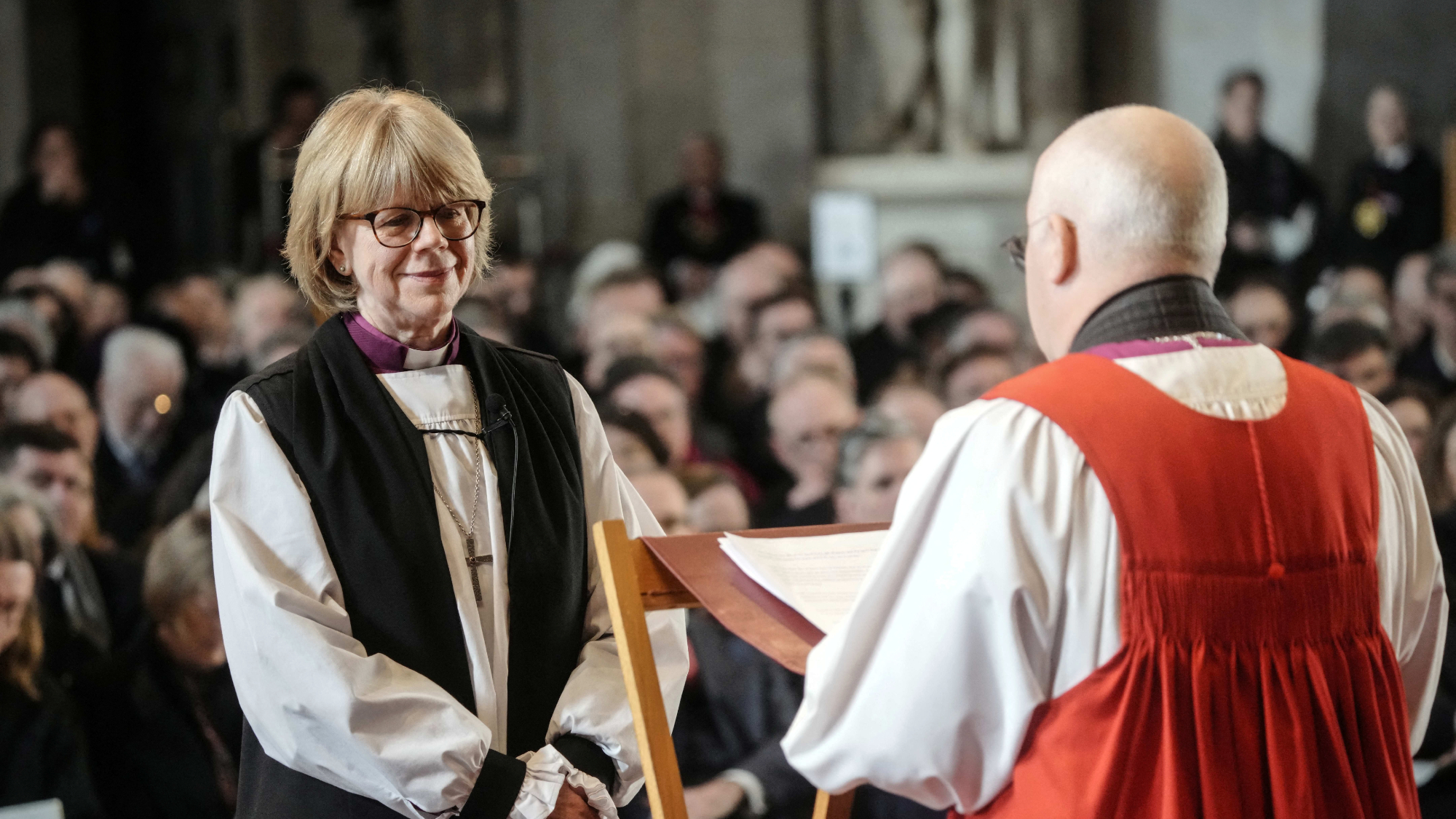 Church of England instates first woman leader
Church of England instates first woman leaderSpeed Read Sarah Mullally became the 106th Archbishop of Canterbury
-
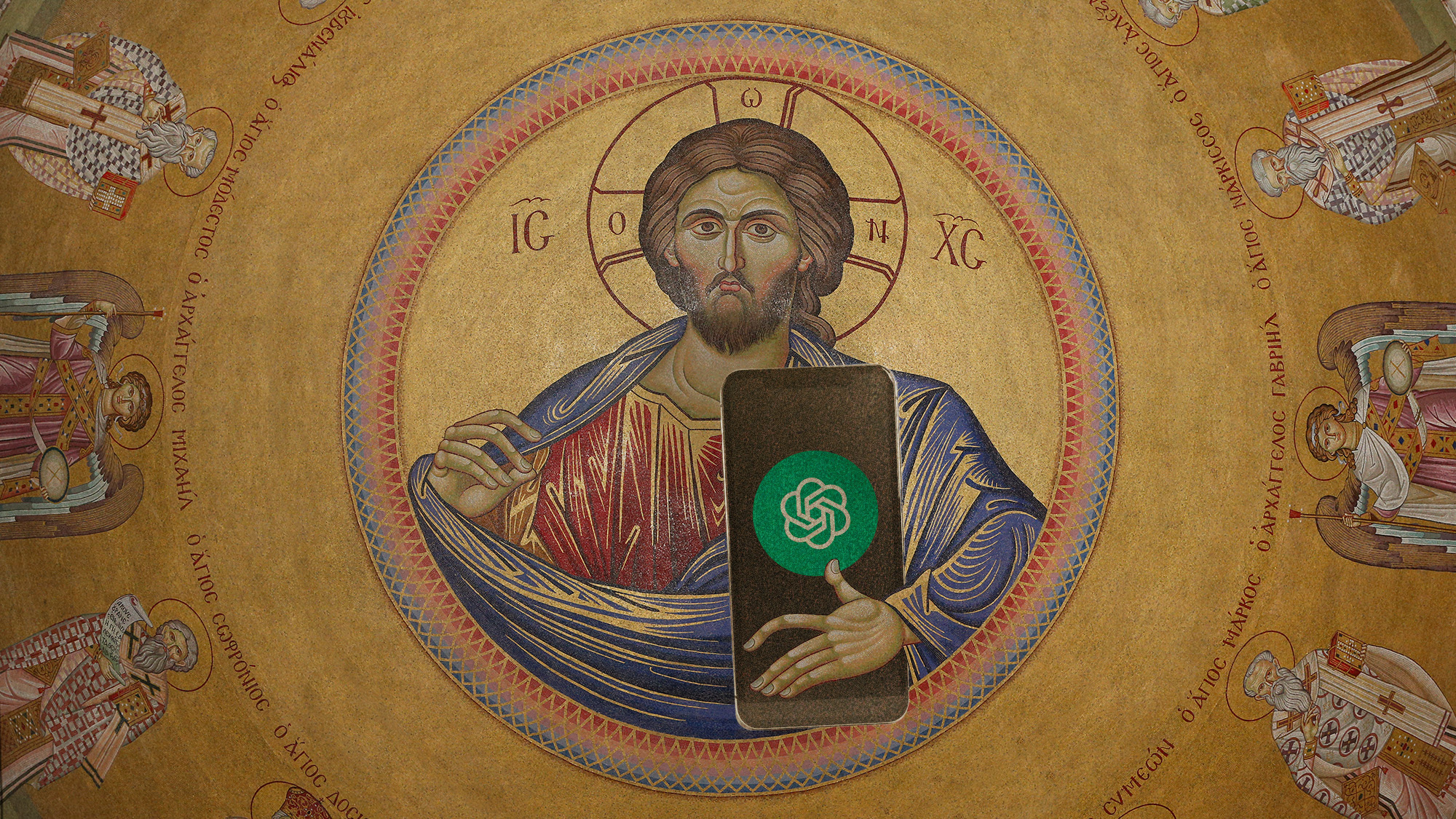 God is now just one text away because of AI
God is now just one text away because of AIUnder the radar People can talk to a higher power through AI chatbots
-
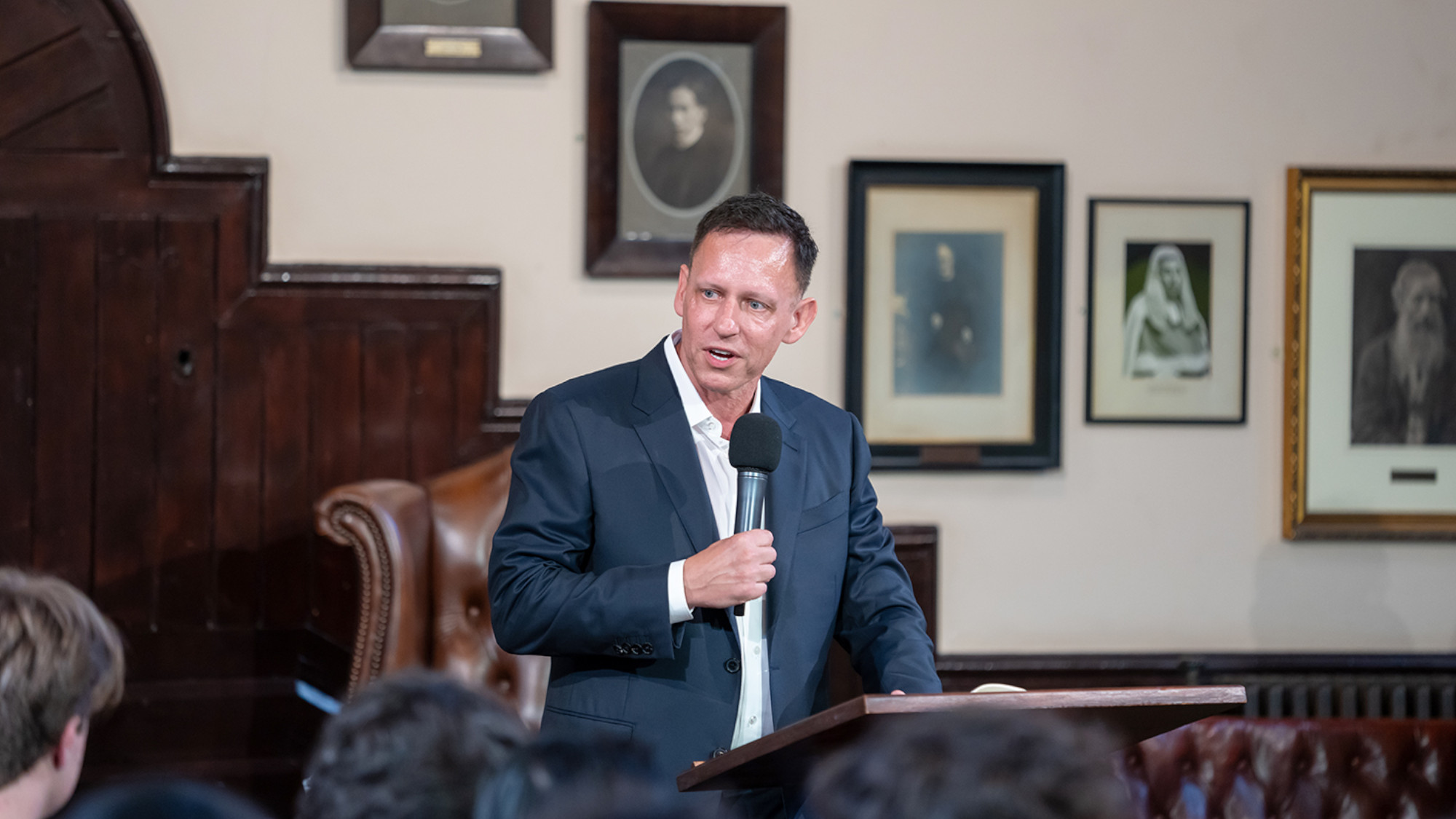 Religion: Thiel’s ‘Antichrist’ obsession
Religion: Thiel’s ‘Antichrist’ obsessionFeature Peter Thiel’s new lectures cast critics of tech and AI as “legionnaires of the Antichrist”
-
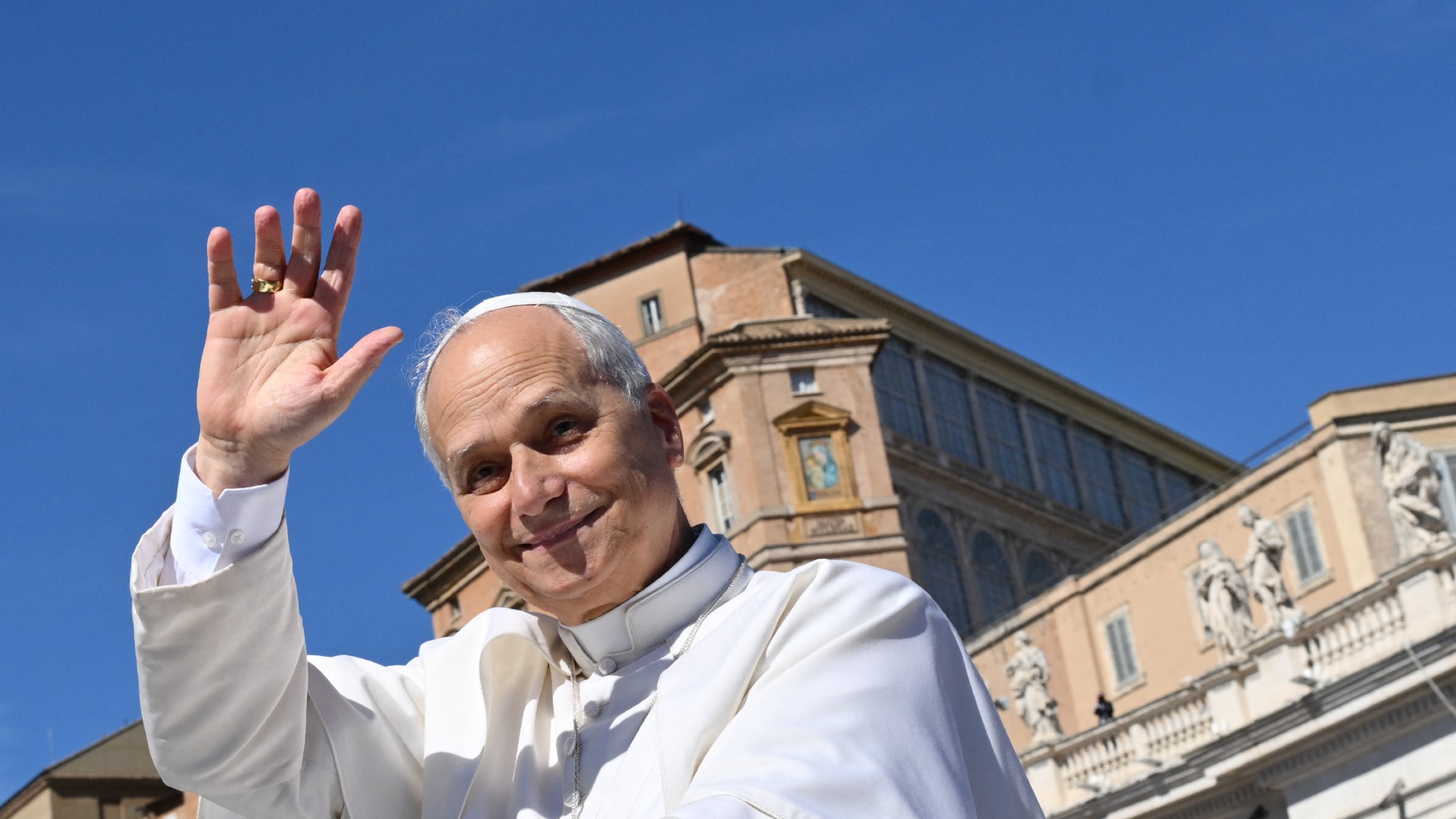 Pope Leo wants to change the Vatican’s murky finances
Pope Leo wants to change the Vatican’s murky financesThe Explainer Leo has been working to change some decisions made by his predecessor
-
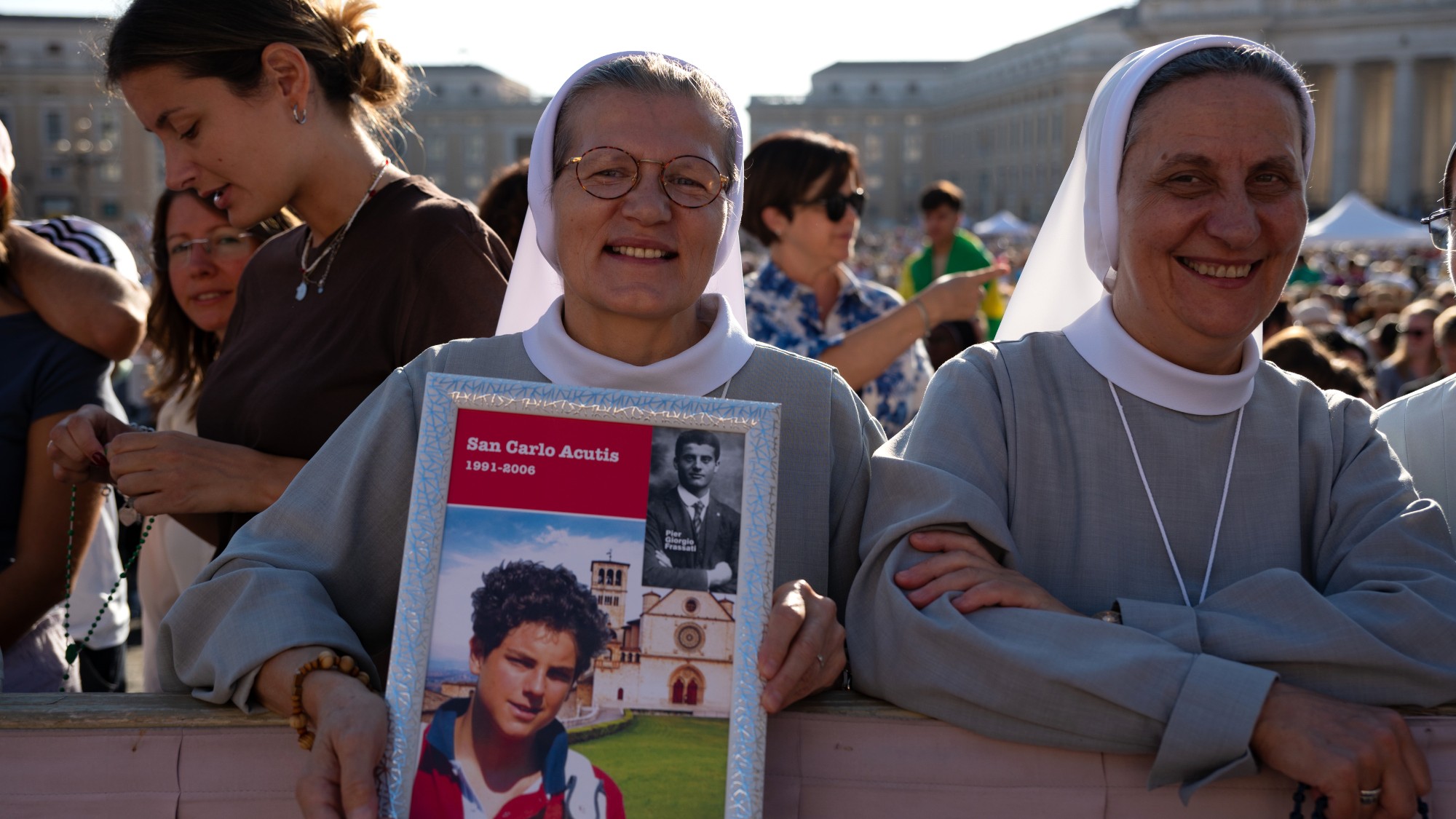 Pope Leo canonizes first millennial saint
Pope Leo canonizes first millennial saintSpeed Read Two young Italians, Carlo Acutis and Pier Giorgio Frassati, were elevated to sainthood
-
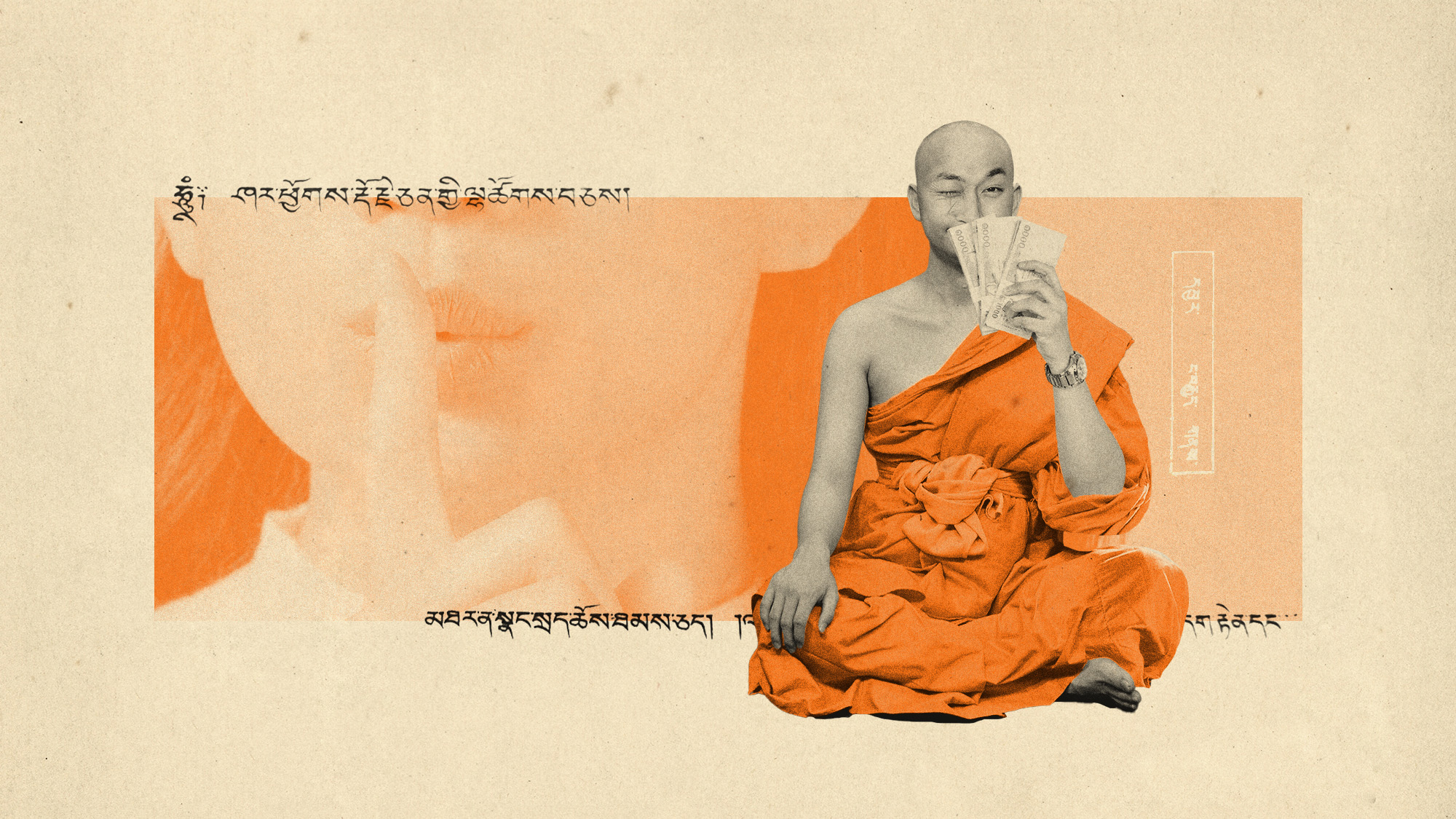 Thailand's monk sex scandal
Thailand's monk sex scandalIn The Spotlight New accusations involving illicit sex and blackmail have shaken the nation and opened a debate on the privileges monks enjoy
-
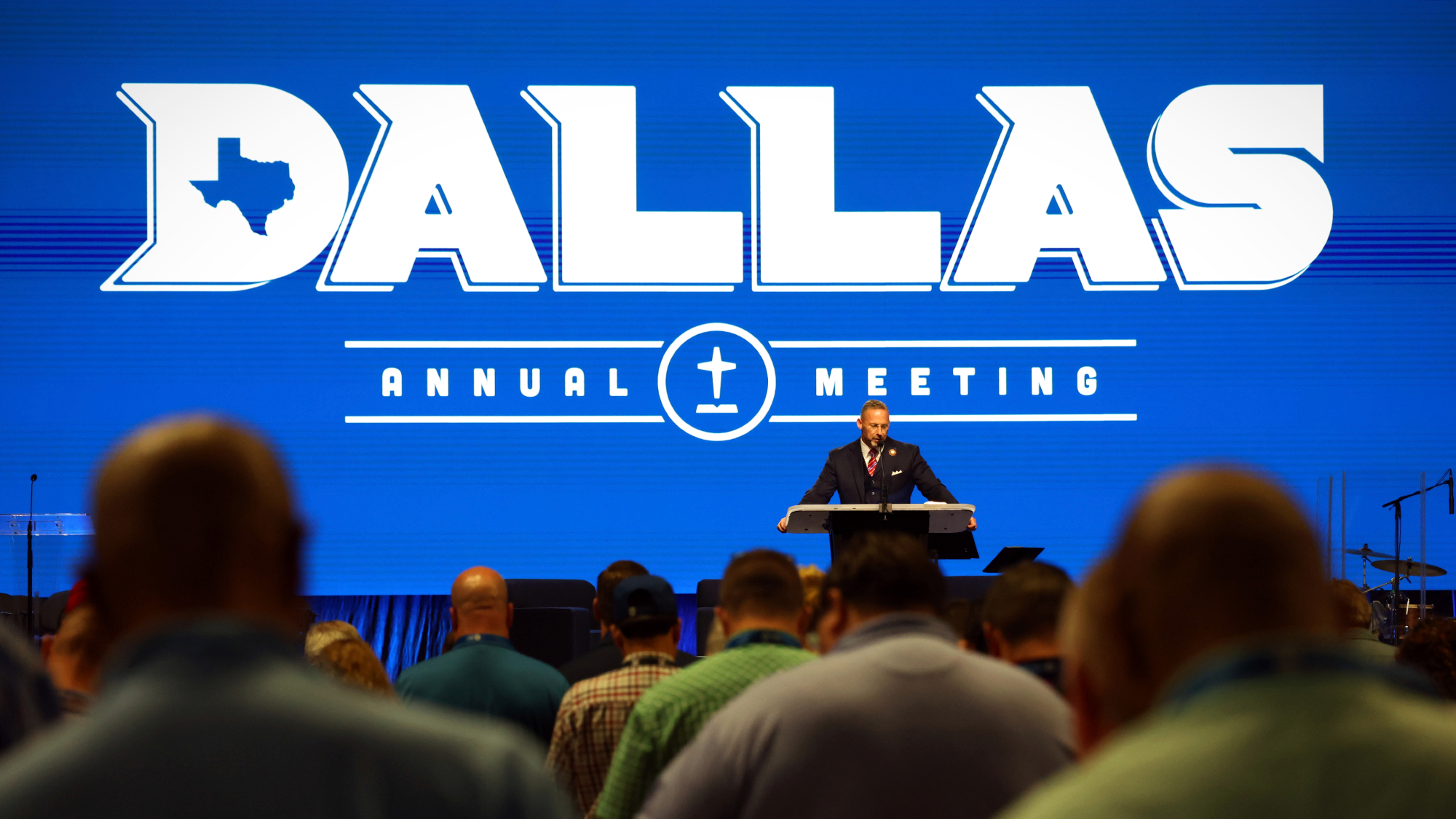 Southern Baptists endorse gay marriage ban
Southern Baptists endorse gay marriage banSpeed Read The largest US Protestant denomination voted to ban same-sex marriage and pornography at their national meeting
